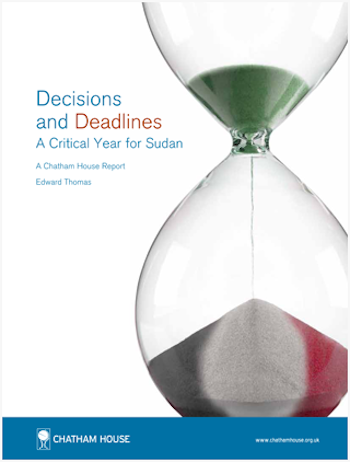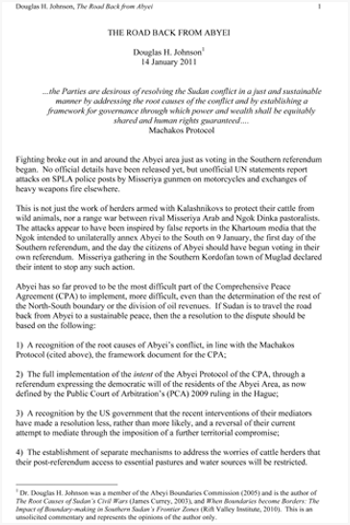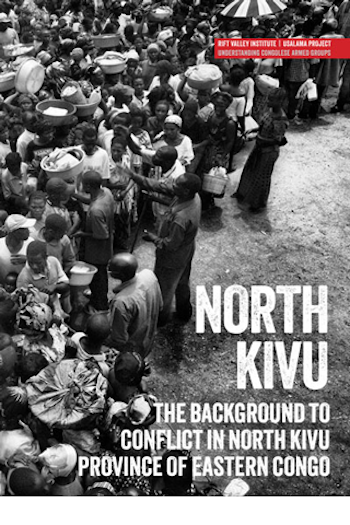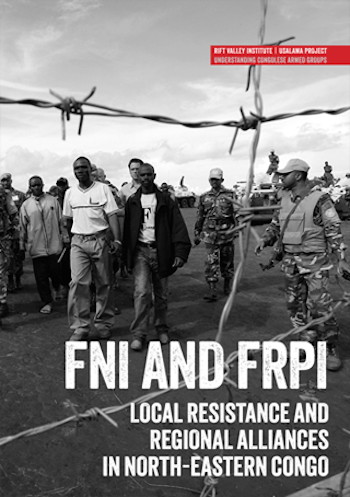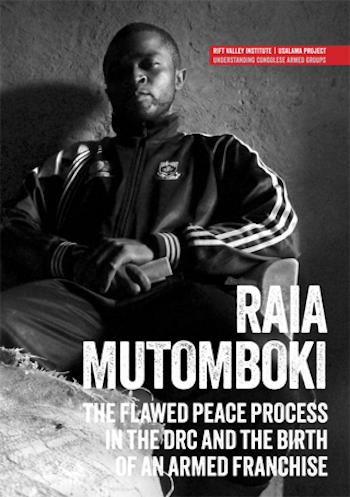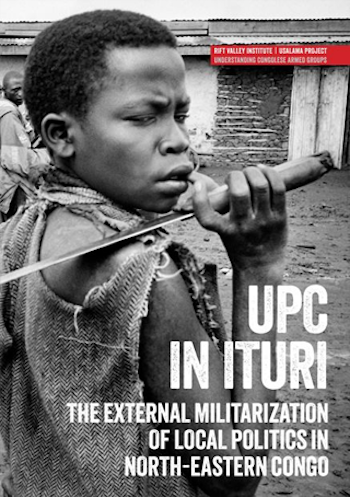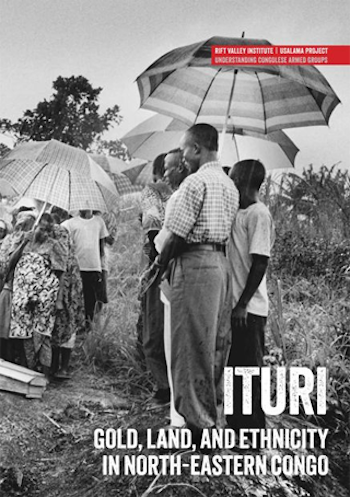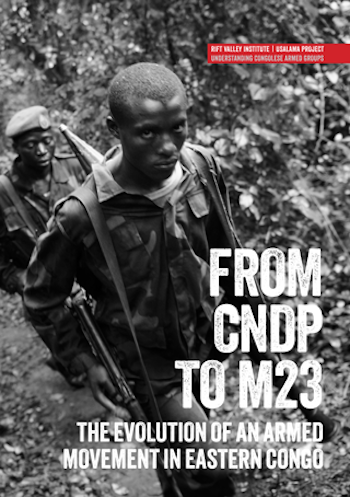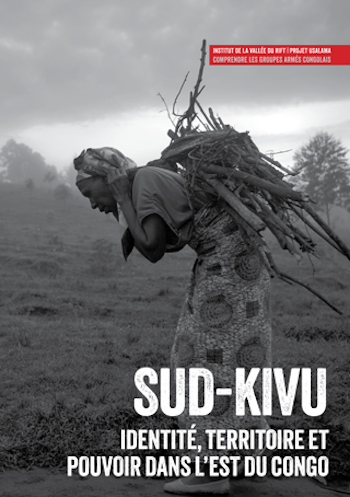A policy paper on Sudan’s political future analysing the critical events facing the country in the run up to the April 2010 elections and the 2011 referendum on self-determination for Southern Sudan. Copublished by RVI with Chatham House (the Royal Institute…
RVI publishes books, research reports, research papers, briefings and meeting reports in a range of formats. Publications cover policy, research, arts, culture and local knowledge in the countries of eastern and central Africa. Research publications—books, reports and papers—are peer-reviewed. Some RVI publications are also available in French and/or Arabic.
The RVI is a signatory of the Budapest Open Access Initiative (2001); all publications are free for download in PDF format under Creative Commons licences. The views expressed in books and reports published by the RVI are those of the authors, not the Institute.
SEARCH
PUBLICATION TYPE
LANGUAGE
REGION
COUNTRY
Abyei has proved to be the hardest part of Sudan’s Comprehensive Peace Agreement (CPA) to implement, harder, even, than the determination of the rest of the North-South boundary, or the division of oil revenues. In this personal commentary Douglas…
This Usalama Project report sketches the historical background to the proliferation of armed groups that have emerged in the North Kivu province of the DRC over the past two decades. It serves primarily to demystify the numerous factions and…
This report by Henning Tamm examines the precipitous decline in armed violence in Ituri, a district that manifests all of the Congo’s main challenges to stabilization. The report focuses on the Front des nationalistes intégrationnistes (FNI, Front of Integrationist Nationalists) and the Force…
This Usalama Project report describes the origins, rapid evolution, expansion and activities of this diverse force. The group began as a local response to rampant insecurity but profited from flaws in the various peace deals in the eastern DRC,…
This report by Henning Tamm examines the convergence of factors that helped create and then broke apart the Union des patriotes congolais (UPC, Union of Congolese Patriots), one of Ituri’s most powerful armed groups. Created in the context of Ugandan occupation,…
This Usalama report by Dan Fahey sets out the background to the years of conflict in Ituri district of the north-eastern DRC. The particularly vicious nature of war in Ituri––including large-scale massacres, widespread sexual violence, and the use of…
This Usalama Project report explores the 2012-2013 M23 rebellion in the eastern DRC. It also discusses the implications of the rebellion for the DRC’s eastern neighbours, Rwanda and Uganda, who have been accused of aiding and abetting the M23. ‘Despite…
Ce rapport Usalama par Koen Vlassenroot décrit la dynamique historique à l’origine des mouvements armés au Sud-Kivu, en mettant plus précisément l’accent sur la période située avant la Première Guerre du Congo. La province du Sud-Kivu se trouve au…
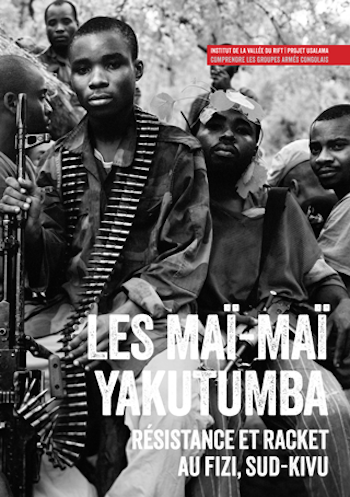
- By Jason Stearns, Anonymous
- Download
Ce rapport du Projet Usalama examine les Maï-Maï de William Amuri Yakutumba, un groupe qui, initialement, ont été démobilisé après la Deuxième Guerre du Congo (1998-2003). Cependant, après avoir peiné de trouver d’autres moyens de subsistance, ils ont remobilisé,…
Recent Publications

Rethinking Aid in Sudan and South Sudan
January 28, 2026
The brief draws on a joint convening held in Kampala, Uganda, in November 2025, which brought together more than 45 Sudanese and South Sudanese participants representing more than 30 grassroots organizations and international NGOs. Its primary objective is to amplify

EWNET Writes: Writing Workshop Session I
December 18, 2025
The Ethiopian Women Researchers Network (EWNET) inaugural writing workshop series aims to not only provide women researchers with uninterrupted time for their scholarly projects, but also build a supportive academic community. The first session, entitled ‘EWNET Writes: Writing Workshop Session

SSC-Khaatumo: Perspectives on the significance and implications of its formation
December 12, 2025
On 15 April 2025, during a visit to the city of Las Anod in Sool, Prime Minister Hassan Abdi Barre officially declared the federal government’s recognition of SSC-Khaatumo (SSC-K hereafter) as a federal member state, marking an important milestone in

